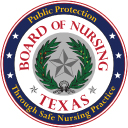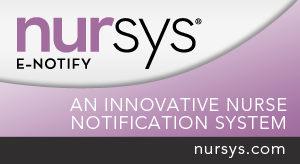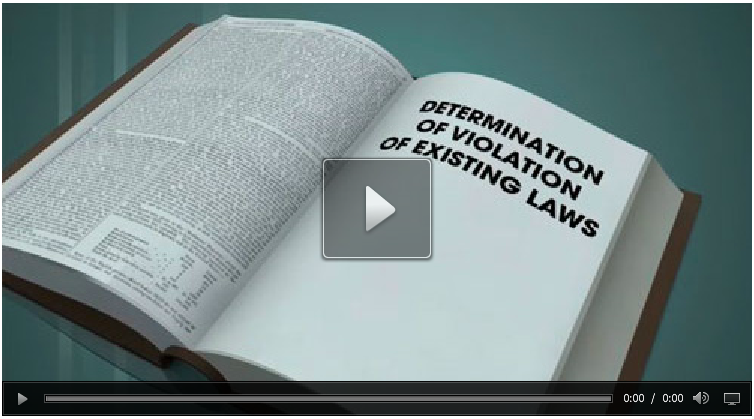
COVID-19 Update: March 17, 2020
Thank you for your questions and concerns regarding the safety of patients and the safety of those who care for patients. Nurses are an integral part of safe patient care and are patient safety advocates. In order to advocate for patients, nurses must protect first themselves with personal protective equipment and follow other appropriate guidelines to prevent exposure to and the potential spread of infectious pathogens and communicable conditions [Board Rule 217.11(1)(O)]. The Texas Board of Nursing (Board or BON) encourages all nurses to become informed and make decisions based on evidence and research from reputable sources.
Nurses have the opportunity to provide education and guidance to patients, families, communities, and other members of the healthcare team. The BON regulates the practice of nursing and cannot direct a healthcare facility on the COVID-19 preparedness or response; nor can the BON make determinations on whether healthcare facilities are prepared. These types of questions should be directed to the Texas Department of State Health Services.
Board Rule 217.11, Standards of Nursing Practice is the heart of nursing practice. Every nurse should obtain instruction and supervision when implementing nursing procedures [Board Rule 217.11(1)(G)] and make reasonable efforts to obtain orientation and training to develop or maintain competency [Board Rule 217.11(1)(H)]. All nurses are responsible for their own continuing competency in nursing practice [Board Rule 217.11(1)(R)] when providing care in unfamiliar care situations. Additionally, Board Rule 217.11(1)(E) requires nurses to protect a client’s right to privacy and protected health information and provide, without discrimination, nursing services regardless of the age, disability, economic status, gender, national origin, race, religion, health problems, or sexual orientation of the client served [Board Rule 217.11(1)(L)].
Additionally, each nurse must individually determine his/her scope of practice using the Board’s Scope of Practice Decision-Making Model (DMM), a step-by-step tool all nurses practicing in Texas can use to determine if any given task/procedure is within their individual scope of practice. The DMM is designed to be used in sequence, beginning at the top with question number one. In the model, nurses are asked reflective questions, and depending on how they answer, they are directed to continue through the model or stop. In your progression through the model, you can also reference professional nursing organizations or specialty associations to assist you in determining the standard of care in the setting you describe and your individual scope of practice. At any point, if you reach a Stop Sign, you should consider the activity or intervention in question beyond (or outside) your scope of practice. For example, on Question 4, if you are unable to find supporting evidence‐based practice findings and/or guidelines or scope of practice/position statements from national nursing organizations, this would not be within the nursing scope of practice.
The standards of practice further require nurses to accept only those assignments in which they are competent to carry out safely [Board Rule 217.11(1)(B) and (T)]. Information about Safe Harbor may be helpful to you as you decide whether you are competent to care for patients who may have COVID-19. It’s important to remember that the Safe Harbor process is collaborative in nature and focuses on problem solving. Refusing to engage in an assignment related to standards (B) and (T) [noted above] may be the basis for invoking Safe Harbor. The Nursing Practice Act (NPA) Section 301.352 permits a nurse to refuse to engage in conduct that may jeopardize the safety of a patient or is unlawful.
When considering whether refusing an assignment and invoking Safe Harbor is an appropriate action, we recommend that you review Position Statement 15.6, Board Rules Associated With Alleged Patient Abandonment. This position statement provides the Board’s opinion on the distinction between a nurse leaving an employment setting versus a nurse violating a duty to a patient through leaving an assignment. The first is an employment issue and the second is potentially a licensure issue.
The standards of practice are also applicable to Advanced Practice Registered Nurses (APRNs). APRNs may only provide advanced practice nursing care that is within the scope of the role and population focus area for which they have been licensed by the Board. Board Rule 221.13(b) clarifies that APRNs must practice within the role and population focus consistent with their formal educational preparation. Likewise, APRNs must continue to have physician delegation when providing medical aspects of patient care. Although the governor may elect to waive certain requirements, such as the requirement for a written prescriptive authority agreement, during declared disasters, the requirement for physician delegation is not waived. More information regarding APRN scope of practice is available on our website.
Additionally, as a license is required to practice nursing in the state of Texas it is important that nurses frequently check the BON website, as the latest updates can be found here related to licensure. For instance, updates related to COVID-19 Disaster licensing for out-of-state nurses and Continuing Nursing Education (CNE) requirements were posted recently. The continuing competency requirements for licensure renewal during COVID-19 disaster declaration period acknowledge that nurses could potentially have extenuating circumstances during this time. Therefore, the Board may take into consideration these extenuating circumstances on a case-by-case basis regarding the completion of continuing competency requirements for licensure renewal during the COVID-19 Disaster Declaration Period. For more information about continuing competency requirements, please visit the Board’s Frequently Asked Questions for Continuing Education & Competency. If a licensee needs to request a waiver of continuing competency requirements, please email a request to the following address: Mark.Majek@bon.texas.gov. In the request, include your name, dated of birth and license number. Once received, the BON will allow an online renewal.
Lastly, several agencies and organizations have the most current information related to COVID-19 and these include (but not limited to) the following:
Texas Department of State Health Services: https://www.dshs.texas.gov/coronavirus/
Centers for Disease Control: https://www.cdc.gov/coronavirus/2019-nCoV/index.html
American Nurses Association: https://www.nursingworld.org/practice-policy/work-environment/health-safety/disaster-preparedness/coronavirus/
Texas Nurses Association (TNA): https://www.texasnurses.org/
You may wish to seek your own private, legal counsel to help identify, interpret, and apply laws to your practice. A lawyer referral service, not affiliated with the BON, may be able to help you locate an attorney in your area. Their phone number is (800) 252-9690. The front page of the Board’s website, along with the Updates, News and Notices section, will be periodically updated with new information as it becomes available.



